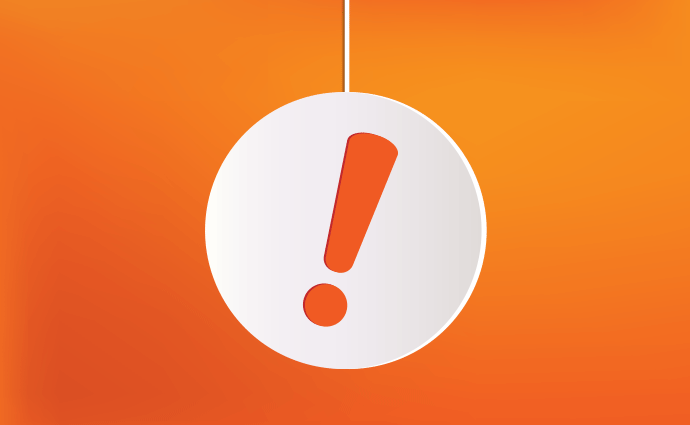Robocalls Targeted Consumers During Health Plan Enrollment Period
The number of robocalls increased in October 2018 and targeted consumers during open enrollment periods.

Source: Thinkstock
- Health insurance open enrollment’s kicked off, accompanied by a spike in automated calls with offers of Affordable Care Act or other health plans, much to the chagrin of consumers.
“It’s at epidemic levels at this time of year,” Aaron Foss, founder of Nomorobo, a spam calling blocking service, said in a report published in the Washington Post. He estimated that in October alone, his Long Island-based service nipped more than 850,000 health-related robocalls in the bud — nearly five times the interceptions for September.
Nomorobo tracked about 820 different robocall pitches for health insurance in the last week of October. More than 100 of them were from the robot “Anna.”
According to rules published in 2009 by the Federal Trade Commission, nearly all these calls are illegal. Many of the plans proffered are skimpy and fail to cover what consumers might require, indicated insurance regulators and consumer advocates, while others are downright fraudulent. They’re replete with unscrupulous insurance “brokers” taking payment and assuring insurance that always fails to materialize.
Some parts of the country have it worse than others. With the open enrollment period there twice as long as other parts of the United States, California residents might be getting socked with robocalls the hardest, the Post article reported.
The California Department of Insurance is looking into health insurance robocalls, according to Janice Rocco, deputy commissioner for health policy and reform. In late August, the agency filed a court order against Health Plan Intermediaries Holdings. In the order, the Florida company was accused of deceptive and misleading practices in selling “Obamacare” plans that failed to comply with the health law. Fines of up to $10,000 per violation could be levied against the company, she said.
Here, “Anne” was featured in the company’s robocalls, according to the court order. The company didn’t admit to the agency’s allegations and refuted responsibility in its legal response. Rocco noted a hearing date’s unset. Notably, in 2016, a cease-and-desist other against the company was issued by the Arkansas insurance commissioner.
Federal law states that calls using prerecorded messages only are legal for things like reminders of doctor appointments, flight cancellations, credit card fraud alerts, and political candidates. Calls to hawk products and services aren’t.
While new FCC rules granting consumers greater protection against robocalls took effect in October 2013, they haven’t abated, according to Consumer Reports. Because of technology advances, it’s easy and cheap to send thousands of pre-recorded phone calls per minute using autodialers and fake caller IDs that make it difficult to trace.
Through the first 11 months of 2013, American consumers had filed 1,837,558 complaints about robocalls with the FCC.
About 16.3 billion such calls were placed in the first five months of the year, according to the YouMail Robocall Index, reported CNBC.
More than four billion robocalls were made to Americans in May, which is over 12 calls per person, according to YouMail, compiler of the database. What’s more, the rate of calls nearly has doubled over the past year, primarily because consumers aren’t picking up, said Alex Quilici, CEO of YouMail. "This causes both good and bad robocallers to make even more calls to try to get through — as well as the scammers continuing to make more and more calls."
When Consumers Union, the policy and advocacy arm of Consumer Reports, invited people to recount their robocall experience, they received more than 4,000 responses within a week. One reported fielding more than 30 such calls from Dec. 4 through Dec. 12. Pitches ranged from medical alert devices to home-security systems.
Telemarketing robocalls that lack the recipient’s written permission were deemed illegal in 2009. However, with new, more rigid rules, all robocallers are required to secure a consumer’s okay in writing, electronically, or on a voice recording prior to transmitting a robocall or text to a consumer’s cell or home line.
Still, since some calls originate overseas, enforcement can be difficult. While the FTC’s settled 23 cases against robocallers over the last several years and returned $11.9 million to victims, it will take more than law enforcement to overcome the problem, it acknowledged. In 2014, the FTC and Florida Attorney General sued an Orlando based company over robocalls placed to senior citizens. It was selling what it claimed was a free medical alert device.
